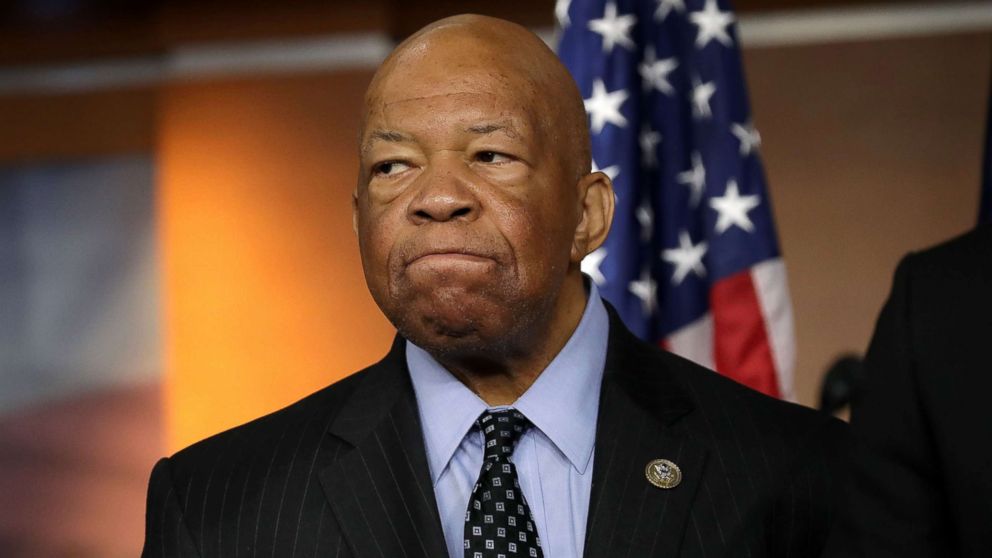'A grave threat': Lawmaker sounds alarm over deficiencies in security clearance process
Rep. Cummings shared data turned over to him by the Defense Security Service.

— -- Congressional investigators have learned that the Department of Defense approved 165 interim security clearances over a three-year time period for access to the government’s sensitive and secret information for people who later failed their background checks, according to a letter released on Wednesday.
“I believe that serious deficiencies in our nation’s security clearance process represent a grave threat to our national security,” wrote Rep. Elijah Cummings, the ranking Democrat on the House Oversight and Government Reform Committee, in a letter to the panel’s Republican chairman.
Cummings shared data turned over to him by the Defense Security Service, which issued more than 200,000 interim clearances that granted the recipients access to secret and at times top secret information. In his letter, Cummings complained that the White House has refused to share information about the security clearances it has granted to executive employees.
The Democratic inquiry was sparked by an interest in the status of clearances for former National Security Adviser Michael Flynn, his son, Michael Flynn, Jr., and President Trump’s son-in-law and senior adviser Jared Kushner.
Representatives for each of the three men declined to respond to requests from ABC News for information about their security clearances.
In a separate letter sent Tuesday to White House chief of staff General John Kelly, a trio of Democratic lawmakers — Cummings, Rep. Bennie Thompson and Rep. Jerrold Nadler — took the administration to task over Kushner’s reported omissions on his security clearance questionnaire.
“Mr. Kushner’s case raises serious questions about whether his situation is an isolated one among White House senior staff,” the letter reads. “It also raises concerns about the clearance adjudication process for White House staff generally.”
Cummings has asked Chairman Trey Gowdy to issue subpoenas for information about White House clearances.
In the process of exploring questions about who at the White House has access to the country’s most sensitive information, Cummings wrote that he had discovered “extremely troubling” details about the use of interim clearances across the government.
Of the 165 cases in which the government revoked access after having initially granted a person an interim clearance, 151 had failed to disclose pre-existing issues that would have led to a denial, Including past criminal conduct, foreign influence and psychological conditions.
According to Cummings, one individual who received an interim “Secret” clearance failed to disclose that he had been charged with felony rape of a child.
“The arrest was discovered during the investigation by a local law enforcement clerk but did not appear on any initial checks,” Cummings wrote.
A spokesperson for Rep. Gowdy did not immediately respond to a request for comment.




